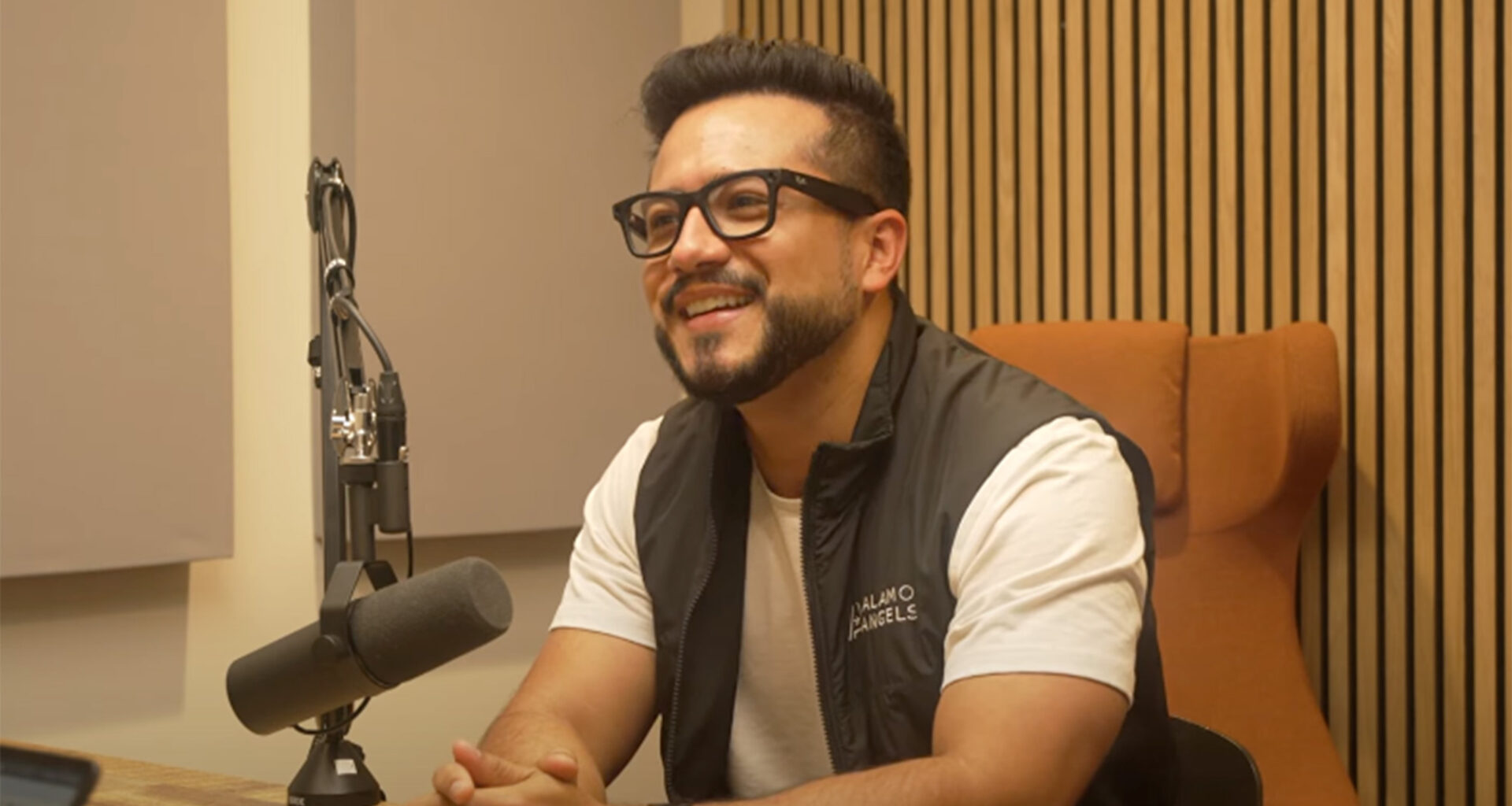How do startups get funded in San Antonio?
Juan ‘Sebastian’ Garzon, managing partner at Alamo Angels, answers that question in the latest episode of the bigcitysmalltown podcast with host Bob Rivard.
Garzon outlined the process local angel investors use to find and fund burgeoning businesses in San Antonio. Angel investors are early stage investors who put their own money into new businesses that may be too young or too risky for typical bank loans.
“They are companies that are early in their journey, but they already have something going on. A lot of them have some sort of traction,” Garzon said.
Alamo Angels started in 2017, rebranded in 2018 and relaunched in 2020. The nonprofit has facilitated $750 million in funding in that time and expanded its reach to startups in South Texas and across the state and nation.
“Ideally, what we’re looking for is to invest with the most promising startups that we can find,” Garzon said. “Ideally, in San Antonio, but that doesn’t have to be the case.”
Garzon said Alamo Angels now consists of 140 accredited investors who can collaborate to invest in startups, putting between $60,000 and $300,000 into a new business each month.
Every month, startups can submit applications to Alamo Angels for that investment. Garzon said Alamo Angels targets startups with some kind of beginning success. That could mean a set of permits or a source of revenue, depending on the industry. A few of those will be selected for a pitch competition. “There’s about 50 applicants per month that want to get those two or three spots,” he said.
Those pitch competitions are reminiscent of the show “Shark Tank,” Garzon said, and companies will interview with potential investors before following up with longer meetings later on.
“Assuming that that due diligence goes well, then we write those companies a check,” Garzon said.
While most Angel investments require a minimum $50,000 investment, Garzon said, Alamo Angels helps investors organize to contribute smaller pieces, if they choose.
Alamo Angels helps investors pool funds through limited liability companies, making it more convenient for startups seeking funding and for investors who might not want to put in as much money, Garzon said.
“We help you make that investment with as low as $5,000. The reason that works is we pool everyone’s investment commitments,” Garzon said.
While investors make their own decisions about what to and what not to fund, Garzon added, Alamo Angels provides educational resources on how to make good investments and how to get a return on investments.
It’s a risky business, he added.
“People need to know how to make money on this asset class,” Garzon said. “If you make your investment on 10 companies, you’re most likely to lose your investment on seven of them. Maybe two others will have a modest return, maybe two or three times [the investment in] return. But there will be one that will not only compensate you for your losses but also give you the upside you were seeking.”
Alamo Angels has grown and experienced success on some of its investments, Garzon said, but he expects more growth in San Antonio’s startup ecosystem in the future.
Alamo Angels has expanded its footprint and is more active in Brownsville and other parts of South Texas. Other areas with successful startup and venture capital industries have taken decades to build, Garzon said, pointing to California’s Silicon Valley as an example.
“It takes 15-20 years for those ecosystems to fully develop and flourish and get to see the results that they have now,” Garzon said. “What that tells me is we’re still on that journey.”
Building a successful hub happens over time, he said, when successful businesses create knowledge and professional staff that can then found newer startups and more successful businesses.
Business incubators have grown in San Antonio over the last decade — the 10th annual San Antonio Startup Week will take place in October. Garzon predicted more growth in the next 2 to 5 years.
“We’re getting closer to where we’ll start seeing a lot more results, but I want people to understand that these things are not built overnight,” he said.
